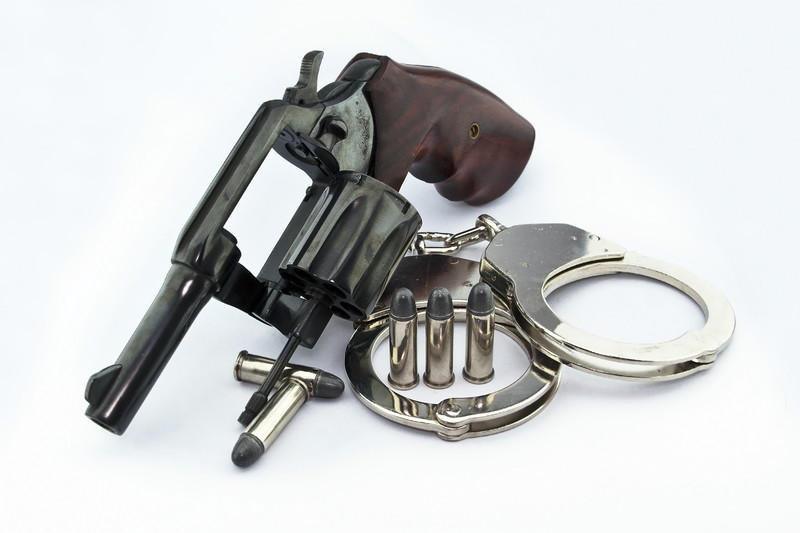One form of the legislative reaction to various “get tough on crime” initiatives has been the proliferation of less flexible sentencing laws at the state and federal levels. Some of these laws prescribe minimum terms of incarceration while other so-called “enhancements” require the imposition of further time if the crime involved certain aggravating factors, such as where the victim was a child or mentally incapacitated. What these laws have in common is their elimination or curtailment of judicial discretion in the sentencing of convicted offenders. Studies indicate that mandatory sentences disproportionately affect poor and minority defendants.
Until recently, California law imposed upon an individual who uses a firearm in the course of committing a felony a different type of mandatory sentence known as an “enhancement”. The court was permitted to choose from a range of years to be added to the felony sentence but had no authority to rule that an enhancement of any length was inappropriate. Thus, for example, one convicted of felony assault would by law receive an enhancement of an additional 3, 4 or 10 years in addition to the assault sentence if the assault involved a firearm. The defendant’s prior record or other extenuating facts were not relevant.
Indeed, because the Penal Code’s definition of the term “firearm” is not limited to operable guns, even the fact that the weapon in question was unloaded or inoperable was relevant only insofar as the length of the enhancement term.
As of January 1, 2018, the state’s Penal Code was amended to give judges full discretion in the imposition of a firearms enhancement. Although the enhancements were not repealed, a judge may now, in the interests of justice, decline to impose them. As such, while a person convicted of a felony committed with a firearm may still receive an enhanced sentence, a defendant may have more to gain by bringing out mitigating factors that previously could have, at best, reduced the length of the enhancement.
“In the Interest of Justice”
As is true of other instances of this phrase in the Penal Code
Although the phrase “in the interest of justice” appears in several provisions of the California Penal Code, it is not defined in any of them, nor are courts given any guidelines to apply in determining when an act, such as declining to impose a firearms enhancement, is warranted. Typically, however, the phrase is invoked when there are mitigating circumstances related to either the details of the crime or the defendant.
Thus, for example, declining to impose a firearms enhancement might be considered appropriate in the interest of justice if the defendant attempting to frighten a fellow student with an inoperable gun, even though he used only his fists in committing the underlying felony assault.
The firearm enhancement was one of the few mandatory sentencing enhancements in the California Penal Code. Because of the recent amendment, judges will now be permitted to exercise sound discretion in determining whether an enhancement should apply, based on the specific facts of each case.



